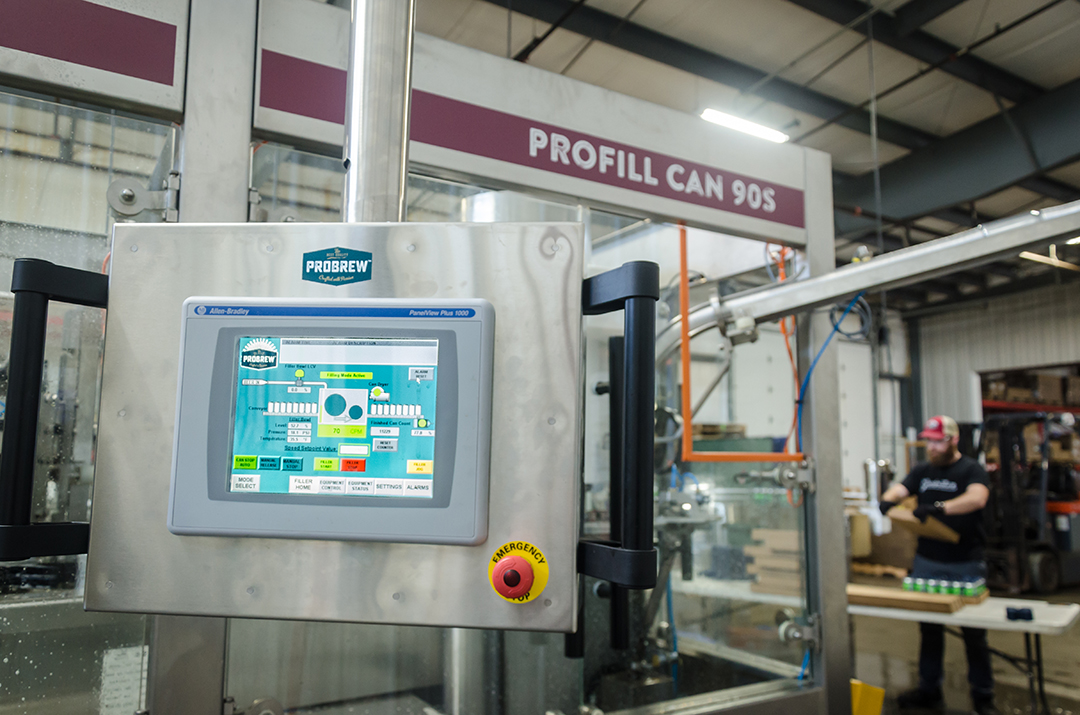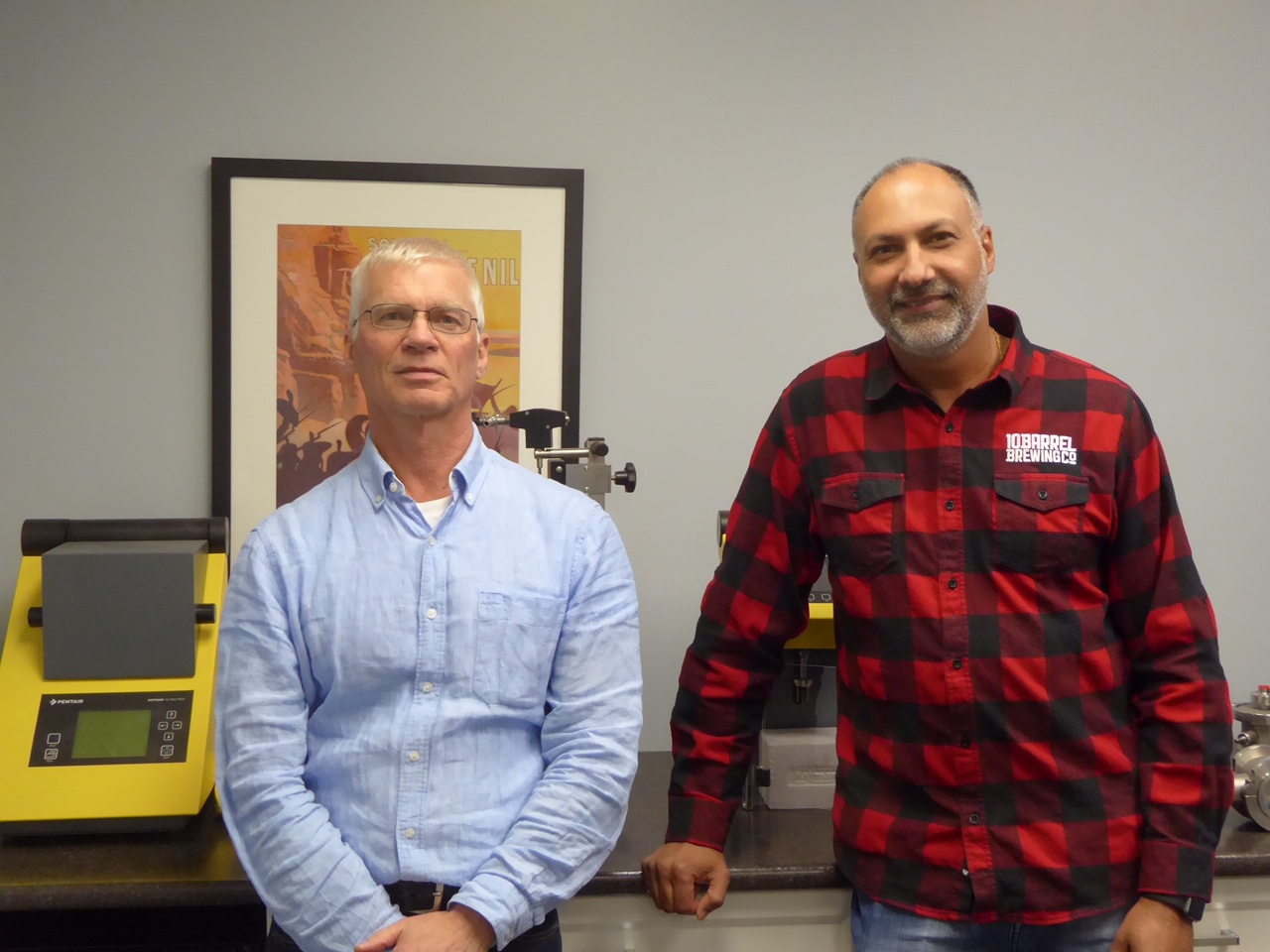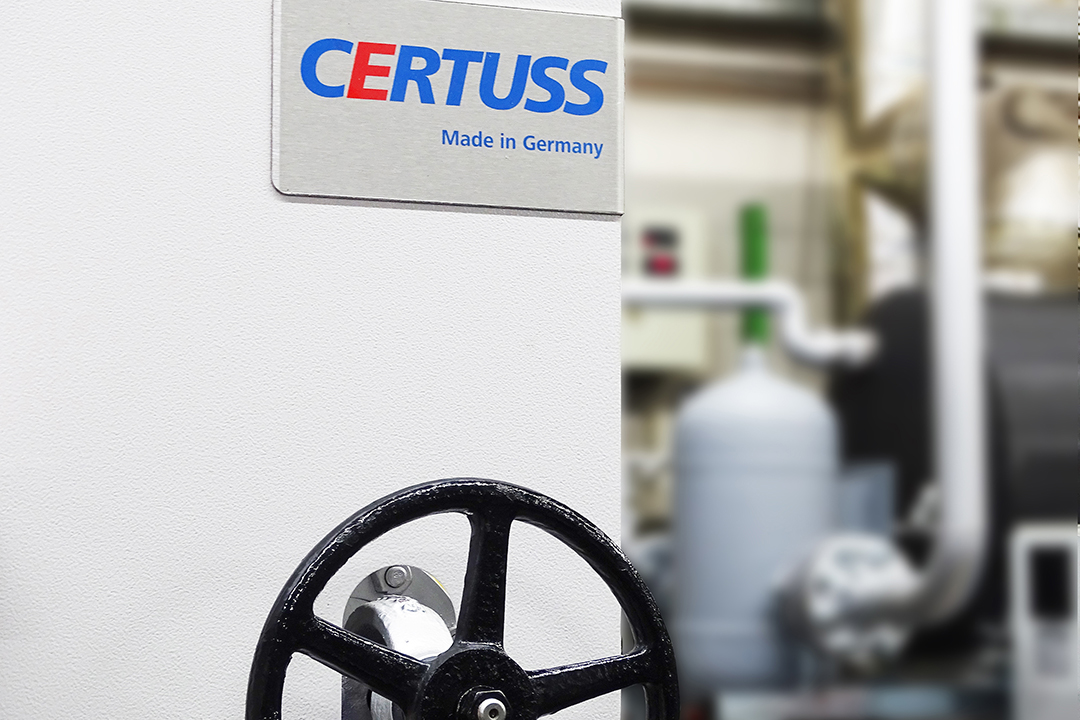
Every brewery is not the same; each has its own needs and varying production sizes, so obviously canning lines from one brewery to another should vary. Understanding what different sales representatives offer a brewery can be tricky, to say the least. Sales reps for ProBrew evaluate current needs and growth potential to pair brewers with a properly sized machine, said ProBrew General Manager Dave Nappier.
The ProFill Can Fillers vary in size and speed; they can easily change between 12-ounce, 16-ounce and other can sizes and shapes. Brewers are guaranteed consistent fills with true counter-pressure, gravity filling and can-seaming technology.
A continuous motion rotary seaming system illustrates a smooth can transfer as well as more consistent seaming performance. The canning lines are flexible in range; speed can be adjusted to meet a brewers’ needs, varying from 90 to 300 cans per minute.
Oxygen pickup is virtually eliminated with an integrated gassing technology, and O2 level pickups are less than 30 parts per billion. Currently, ProBrew has around 20 ProFill Canning Lines on the market.
“It’s easy to maintain, and it’s easy to operate,” Nappier said. “It’s relatively inexpensive to its competition, so it’s pretty attractive.”
Nappier noted that a recent brewery that purchased a ProFill Can filler calculated as little as a two-year return on investment. ProBrew’s team offers to meet with clients to discuss costs, savings and return so breweries can decide whether they’re ready for a ProFill Can Filler.
“Every time we’ve sat down on that exercise, we can definitely prove that we can give an ROI that’s in a very acceptable time range,” Nappier said.
Nappier also explained that because a lot of breweries begin with mobile canning lines “a lot of the brewers are fantastic brewers, but not all of them are fantastic packaging people. So therefore we get over their heads a little bit.”
Nappier estimates that the average time it takes ProBrew to have a canning line up and running is approximately two weeks with consideration to other installations. The first visit from the ProBrew team consists of helping finish the set up and getting the brewery ready for operation. Once the brewery is ready to package, the ProBrew team returns to be a part of the initial canning where they offer assistance in product testing and training.
Inevitably, there will still be follow-up questions, but brewers can expect a rapid response time from ProBrew, Nappier explained. While most questions can be answered with a walk-through over the phone, some require more work, and in that case, ProBrew sends maintenance employees straight to the brewery.
A brewery client can anticipate service professionals in a matter of days, whether they need an electrician, mechanic or otherwise, so it doesn’t have to halt operations while waiting for a can filler to be repaired.
“We pride ourselves on the service and the simplicity of our equipment,” Nappier said, “and we do innovate where we can. But we do avoid making this so overly complicated that the customer would be intimidated by their own machine.”





Be the first to comment